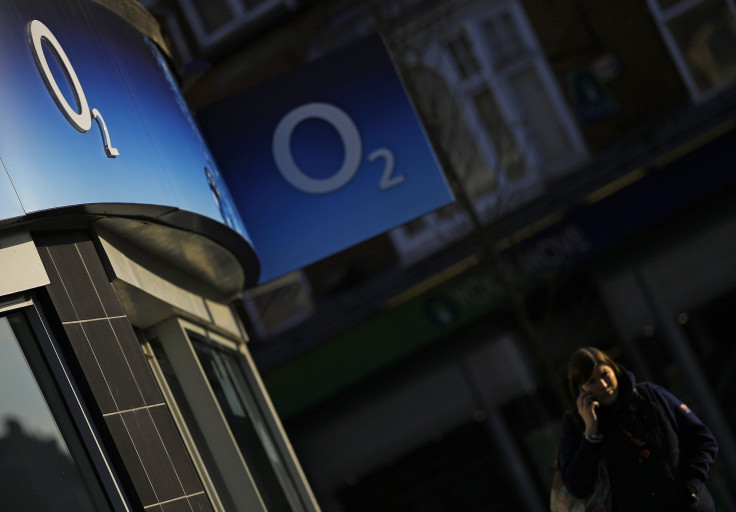EU Blocks Hutchison-O2 $14.8 Billion Merger

The proposed takeover of the United Kingdom’s second-largest mobile telecommunications provider, O2, by its smaller local rival, Three, was rejected Wednesday by the European Union’s competition watchdog, citing consumer interest and innovation in the sector.
CK Hutchison Holdings, owner of the Three brand in the U.K., wanted to buy the O2 mobile business from Spanish telecommunication giant Telefonica in a 10.25 billion pounds ($14.8 billion) deal, which would have created the country’s biggest mobile carrier. Telefonica itself had bought O2 for 18 billion pounds in 2005.
In a statement on the European Commission’s site, Margrethe Vestager, competition commissioner for EU, said: “Allowing Hutchison to takeover O2 at the terms they proposed would have been bad for U.K. consumers and bad for the U.K. mobile sector. We had strong concerns that consumers would have had less choice finding a mobile package that suits their needs and paid more than without the deal. It would also have hampered innovation and the development of network infrastructure in the U.K., which is a serious concern especially for fast moving markets. The remedies offered by Hutchison were not sufficient to prevent this.”
Hutchison had promised to freeze prices for five years, and also to invest 5 billion pounds to improve coverage and data speed. Telefonica was hoping for the deal to come through to reduce its 49.9 billion euro ($57 billion) debt.
The move by the EU’s competition commission could thwart attempts at consolidation in the telecommunications industry. Previously, TeliaSonera and Telenor had abandoned the planned merger of the Danish businesses in September, following EU regulators asking for four operators to be present in the market.
“If you can’t find a way to clear four to three in the U.K., you’re probably not going to be able to find it anywhere else in the EU,” David Cantor, a Brussels-based lawyer at Telecommunications Law & Strategy, told Bloomberg, referring to the reduction of mobile companies in a geographic area from four to three.
Hutchison is also in talks to merge its Italy business with Russian firm VimpelCom’s Wind Group in a similar “four to three” scenario, and the current ruling could have repercussions on that proposal as well, even though Vestager insisted that would not happen.
© Copyright IBTimes 2025. All rights reserved.





















